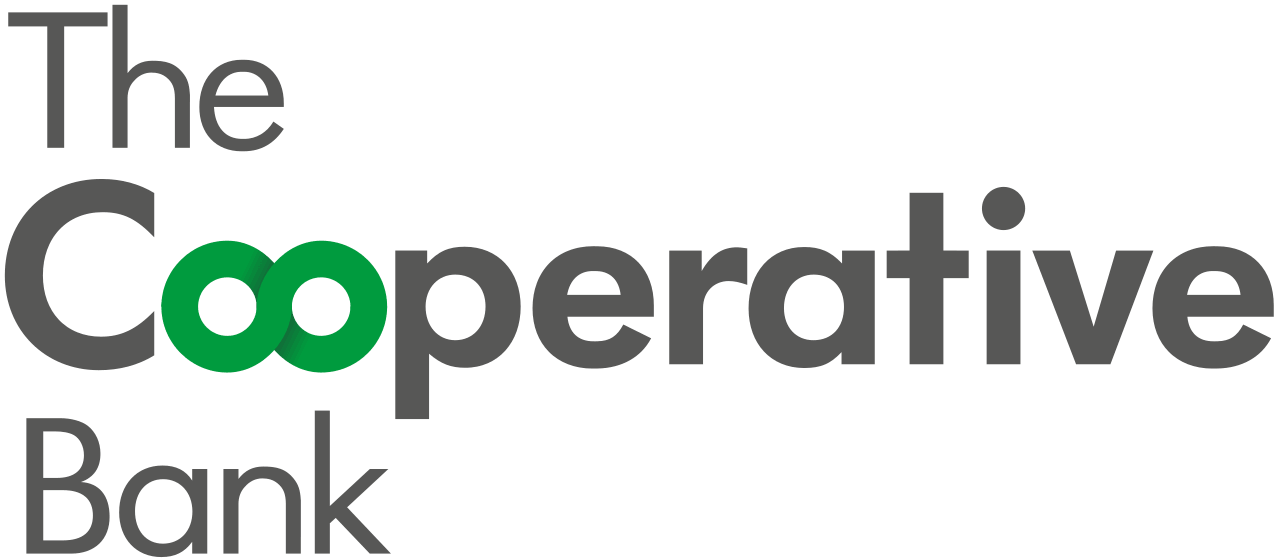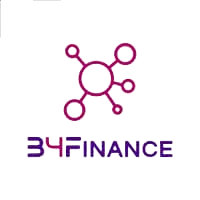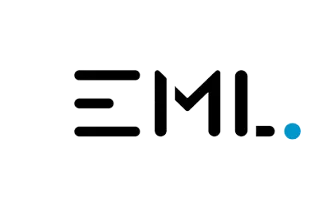
AML/CFT Compliance for Accountants: Navigating Anti-Money Laundering and Counter-Terrorism Financing Laws in the Accounting Industry
In accordance with the national anti-money laundering/counter-terrorism financing law, accounting firms, chartered accountants, general accountants, or management accountants are required to implement AML/CFT measures.
Accountants must have a thorough understanding of the potential risks associated with money laundering when offering the following activities:
Buying and selling of real estate
Managing clients’ money, securities or other assets
Management of bank, savings or securities accounts
Organisation of contributions for the creation, operation or management of companies
Creating, operating or management of legal persons or arrangements and buying and selling of business entities
Accountants possess skills and knowledge that can be exploited to aid clients in concealing illegal activity or financial crime, such as tax evasion and regulatory violations. This makes them potential facilitators of financial crimes. The biggest compliance gaps among accountants are typically related to confidentiality contracts and fears of losing business.





















